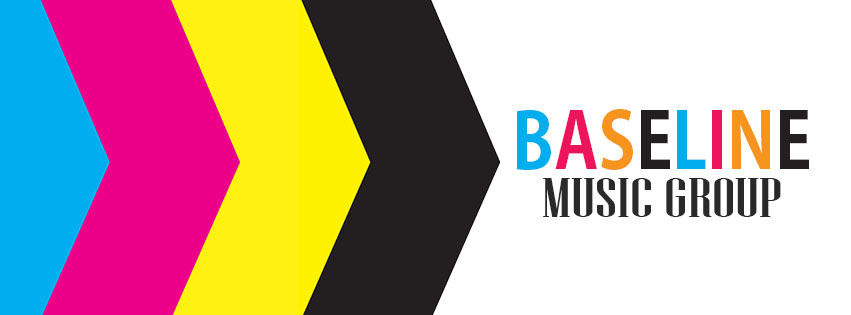A lot of the (unsolicited) advice given to artists in the past couple of weeks ended with – get a good lawyer to look through your contract. “Good” being the operative word. Which is what we all should have said from the start, if I’m honest, but we went round and round to all end up at the same point.
Brymo doesn’t know how to bite his tongue however, I think we know that much already. The ex-Choc boy made a number of interesting allegations in a new interview, including not getting paid for several private gigs when he was at the label, an allegation Runtown also made, and not receiving any royalties for “Oleku”. Those allegations are heavy but what I want to dwell on today is Brymo’s claim that the contract that was presented to him at Chocolate City was lifted directly from the internet.
According to Brymo –
When the papers arrived, when it was time for me to sign a year later, I read through it… I did. I read every bit of it. The contract was not even made for the Nigerian market, someone went online, jacked the contract and brought it and we started signing it.
Brymo’s claims are just that, claims, and we need to allow Chocolate City the opportunity to say their piece but his story isn’t an unfamiliar one in the industry. A similar fate seems to have befallen Skales, the release clause on his Baseline recording contract was reportedly pound-denominated. The actual £10m figure was ridiculous but that’s the whole idea, your breakout clause isn’t supposed to be easy to beat. That said, you get what you negotiate, not what you deserve. When the label presents you a contract, you’re supposed to go through it. You accept the things you agree with and negotiate the things you don’t. You reach common ground and then you both sign. Under contract law, there is no contract until all of the material elements of the deal have been negotiated and agreed upon. So, if Skales or his lawyer (if there was one) agreed to these terms, then they must have had their reasons. However, it’s a curious decision.

Why is a local company presenting Skales with a contract denominated in foreign currency? We already saw that Skales receives payments for performances both in US dollar and naira but what percentage of those transactions on Skales’ account at the label is foreign-denominated to warrant a non-naira breakout clause? Never mind the legal argument, this is already an administrative and accounting headache. Perhaps there was a separate contract for his advances et al., because bunching up naira and foreign currency in the same agreement could get messy.
At either rate, an arrangement that would have taken around N2.8bn to break at the time of signing would now require almost twice of that midway through. As Skales’ lawyer, how is this in my client’s best interest? To my mind, this was probably an oversight on Skales’ lawyer’s part, and a mistake on the part of Baseline’s lawyers as well, but theirs is more of the copy-and-paste variety. Which then raises questions around the quality of lawyers available to those who actually seek their help.
Now, I know the only time I’ve ever set foot in the campus of any law school was to find woman, but in my quests to find a learned companion, at least I now know two things – one, the law in Nigeria is different from the law in the U.K. and America and two, that’s the reason why Nigerians who obtain degrees from those and other foreign countries are asked to spend longer in law school. It’s not beans to be a lawyer and I respect those who have excelled in such a noble profession. However, for the rest, if this entire recording contract business is a copy-and-paste exercise to you, please explain to us again why exactly we’re paying you for your services?
There are a lot of times when you won’t need legal help, there are a lot of times you will. Following these steps will help you make that decision for yourself and also help you get the right quality for your pocket. I recommend it for everyone, not just artistes or label owners.
In closing, I think it’s important for me to point out that the venom in this piece is not directed at every lawyer. I’m an engineer by training, music journalism just found me. There are some god awful engineers out there and there are some really great engineers out there too, it’s the same thing for every profession. Besides, everybody uses templates to do their jobs for efficiency sake but efficiency doesn’t need to give way to accuracy, especially when people’s livelihood is on the line. If I can’t trust you to do a simple Ctrl + F and Replace on a Word document, how can I entrust my entire career or business in your hands?
So with all this said, I propose a toast – just like we have charge-and-bail lawyers who lobby to secure bail for their clients in an ambulance chasing fashion, let’s toast to our 21st Century copy-and-paste lawyers. May our money never find its way to their pockets and may our contracts never find their way into their hands.
Cheers!


